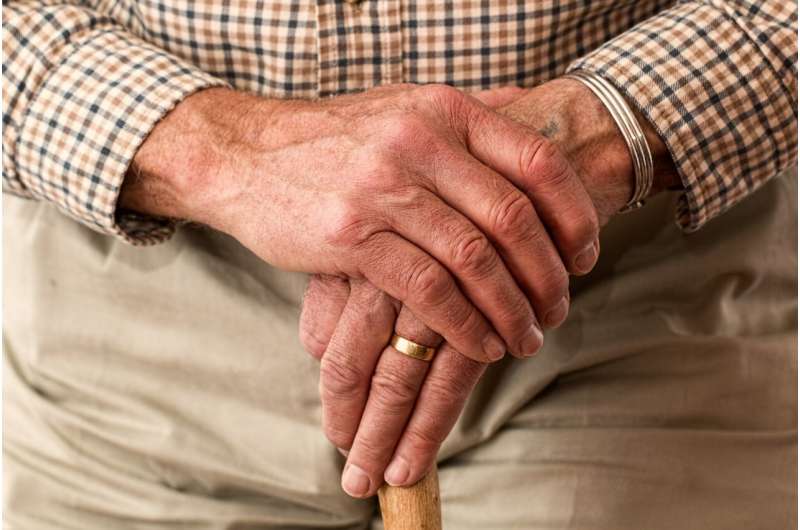Study: Prostate cancer treatment regret

More than one in 10 patients with localized prostate cancer experience treatment-related regret—a sense of disappointment with their treatment compared to other treatment options—according to a recent study published in JAMA Oncology.
Christopher Wallis, MD, Ph.D., and colleagues analyzed data from 2,072 men with localized prostate cancer who participated in the prospective Comparative Effectiveness Analysis of Surgery and Radiation (CEASAR) study. Patients completed surveys at baseline and multiple times after diagnosis.
Using validated metrics, the researchers found that 16% of patients who had surgery, 11% of those who had radiotherapy, and 7% who had active surveillance experienced treatment-related regret five years after diagnosis. Most importantly, patients' subjective perceptions of the treatment's efficacy and adverse effects, compared to their initial expectations, were the strongest predictors of regret.
The findings suggest that shared decision-making and treatment preparation that focuses on aligning patient expectations with treatment toxicity may reduce regret for patients with localized prostate cancer.
More information: Christopher J. D. Wallis et al, Association of Treatment Modality, Functional Outcomes, and Baseline Characteristics With Treatment-Related Regret Among Men With Localized Prostate Cancer, JAMA Oncology (2021). DOI: 10.1001/jamaoncol.2021.5160




















